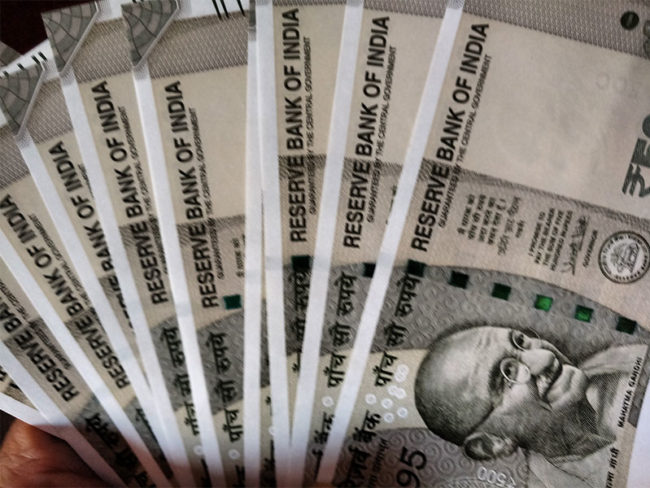Is it mandatory to register Negative Lien for creation of Charge?
What is a negative lien? Let us first understand what is a negative lien. Actually, there is no legal definition of the term ‘negative lien’ in any of the Indian legislative enactments. However, as it is understood in the normal course of business, it is merely a negative covenant which restricts a person from creating…








